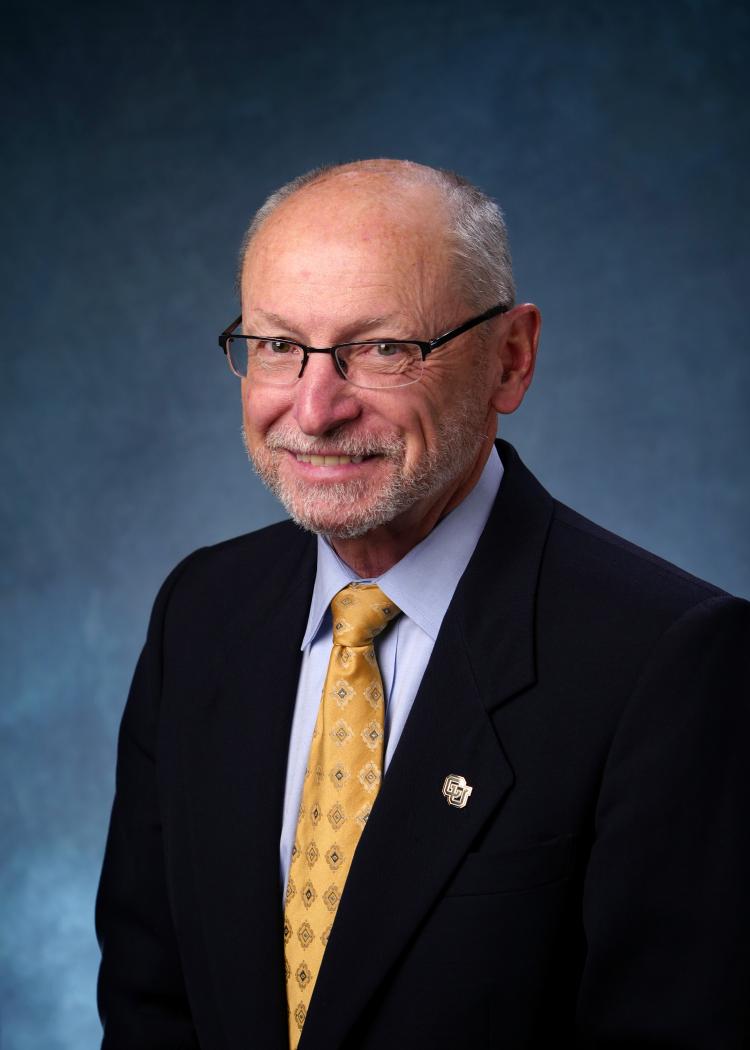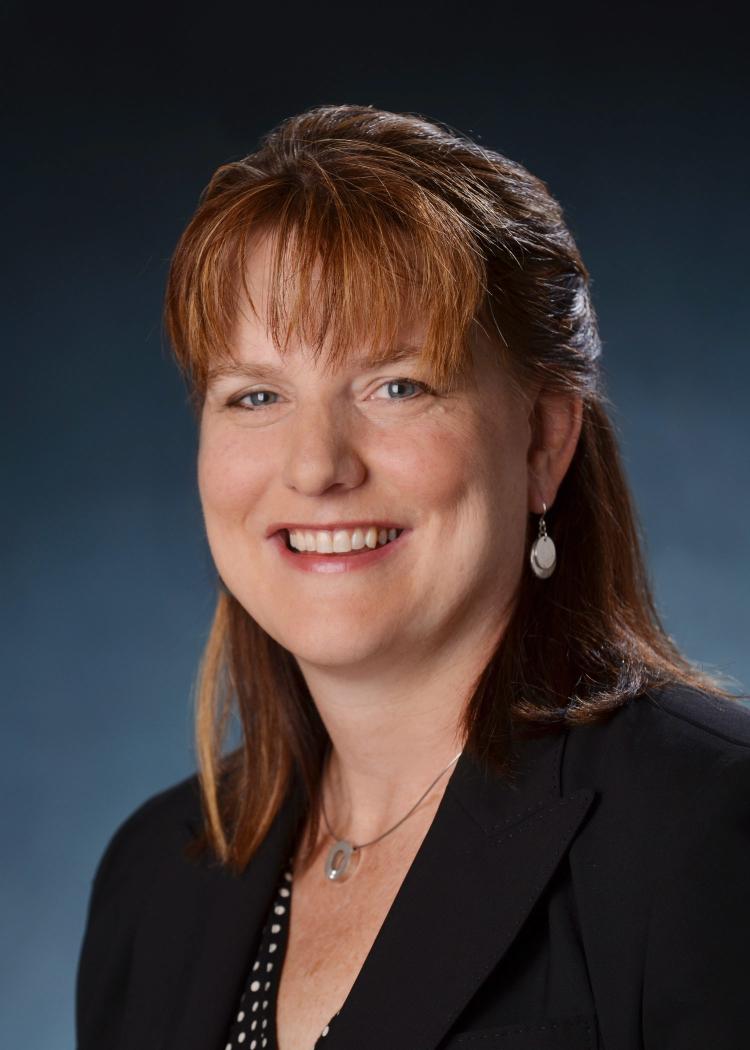From the Provost and SVC: An open, transparent, input-driven process
We wanted to take this opportunity to update the campus on the next steps in the process of opening a conversation about possible futures for the College of Arts and Sciences, and clarify a few key issues related to this important work.

Provost and Executive Vice Chancellor for Academic Affairs Russell L. Moore
First, as we discussed last week, we are pursuing an opportunity to free ourselves from real or perceived impediments and allow space for reimagining the College of Arts and Sciences to better serve the aspirations of our faculty, students and staff. We hope that these intensive and deliberate conversations allow all members of our community, and particularly those within Arts and Sciences, to participate fully in shaping the goals and aspirations without being constrained by our current structures, policies, or procedures.
The process of moving ahead on defining our goals and aspirations for the college is going to be driven by an extensive and dynamic process of engagement with, and input from, all key constituencies within the college and a number of constituencies across the university. Faculty, in accordance with the principles of shared governance, will provide the primary voices in many of the conversations, especially those about the visions and aspirations related to scholarship and teaching in the college.
We know that some faculty in the college have expressed concern at the provost’s interim appointment of Jim White as dean—while also making it clear their concern is in no way rooted in worries about Jim as a leader. We understand those concerns very clearly.
The term of the interim appointment of up to three years is emblematic of the flexible approach we need to create a dynamic visioning process and to avoid the common pitfall of the resulting vision failing in the implementation stage. The timeline allows us to move faster, if we can, to begin a process to seek longer term leadership for Arts and Sciences. But the intention here – far from an imperial motivation to circumvent faculty—is to involve faculty (and all key stakeholders in the college) in unprecedented ways in a process that will empower and better support faculty, staff and students in the college in the 21st century.

Senior Vice Chancellor and Chief Financial Officer Kelly Fox
Second, our visioning process will offer an array of opportunities for faculty, staff and students to put forth exciting ideas and to state concerns. These conversations will begin in August and extend throughout the fall and winter. We will regularly report out about these conversations on Arts and Sciences’ and thus, the campus’ future, so that everyone will have ample occasion to respond. The goal is to create a continuous feedback loop that keeps all Arts and Sciences and campus stakeholders informed and engaged. We project that this initial process will culminate in a second series of conversations designed to elaborate on and refine the first-stage input.
A unique feature of this process is the opportunity for Arts and Sciences faculty, staff and students to nominate or volunteer to be part of groups we are terming “thought leaders”—respected and trusted members representing each constituency, who are charged with listening to their colleagues and conveying key information and opinions to the dean and the campus academic leadership. Equally important, they also will carry ideas and responses back to their constituents from the dean and the administration.
Augmenting this dynamic exchange will be other feedback opportunities including community forums, digital input, solicited white papers, surveys and a variety of individual and group conversations. Stay tuned for future editions of CU Boulder Today to learn more about how the thought leader nomination process will work, and where and when you can access and engage these various communication and input platforms.
The process will be anchored in Arts and Sciences’ core internal constituents while also extending to the campus at-large and to the college’s key partners and stakeholders. For example, we will seek structured input from our other campus deans on how they can more effectively partner with Arts and Sciences, and from service and operations centers on how they can more effectively serve Arts and Sciences’ students, faculty and staff.
At all points, we will share the input of these key groups—a process of timely updates that keeps the information needed to create a bold vision fresh and top of mind within our community.
As this exciting and challenging process moves forward, we will keep you apprised of new developments regularly in CU Boulder Today and across other campus communication platforms. Again, we seek and want your input at every critical juncture.
Russell L. Moore,
Provost and Executive Vice Chancellor for Academic Affairs
Kelly Fox,
Senior Vice Chancellor and Chief Financial Officer


